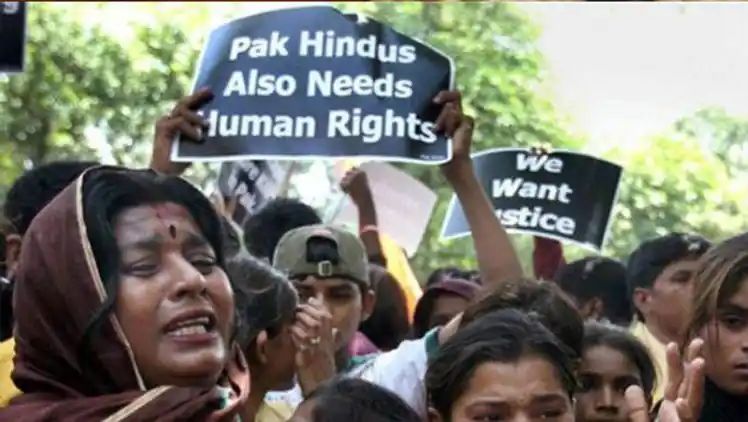Growing interest among Pakistani minority groups regarding India’s CAA as persecution hits high point

The Citizenship Amendment Act (CAA) has become a hot-button topic in India, particularly for minority communities in neighbouring Pakistan.
The CAA aims to grant citizenship to minority Hindus, Parsis, Sikhs, Buddhists, Jains, and Christians who fled persecution in Pakistan, Afghanistan, and Bangladesh before December 31, 2014.
Over the last two decades, many Pakistani Hindu refugees have sought refuge in India due to socio-political and religious tensions in their homeland, where they often feel vulnerable as a minority in a Muslim-majority country. Reasons for their migration include abductions, blasphemy charges, attacks on places of worship, and forced conversions of Hindu girls.
One such individual, Iqbal Masih from Islamabad’s Christian colony, expressed a willingness to immigrate to India if he qualifies for Indian citizenship under the CAA. However, representatives of minority groups emphasise the need to understand the law’s significance before forming opinions about it.
Despite the CAA offering a pathway to citizenship, many economically underprivileged Pakistani Hindus, Sikhs, and Christians view immigration to India as a challenging option due to social and financial constraints. Jaswant Singh, a Sikh cloth merchant in Peshawar, highlighted the difficulties of starting afresh in India given their social and financial status.
Pakistan’s Hindu community, comprising approximately 1.9 million individuals, constitutes around 1.2% of the population. Amit Kumar, a trader from Sindh province, shared his serious consideration of settling in India to escape persecution based on his faith, citing his current status as a second-class Pakistani citizen.
Despite growing interest among religious minorities in Pakistan regarding the CAA and potential migration to India, many remain unaware of the intricacies of the law. This complexity brings out the need for increased awareness and understanding among affected communities regarding their eligibility and rights under the CAA law.





